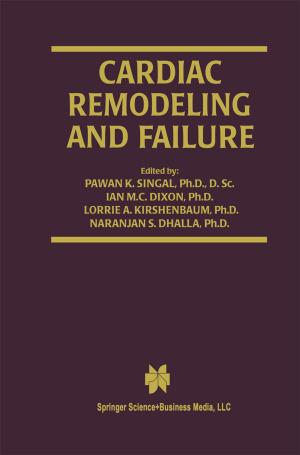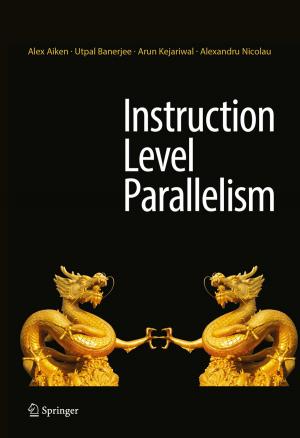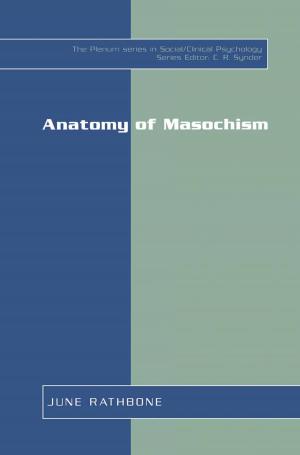Implantable Cardioverter Defibrillator Therapy: The Engineering-Clinical Interface
Nonfiction, Health & Well Being, Medical, Specialties, Internal Medicine, Cardiology| Author: | ISBN: | 9781461563457 | |
| Publisher: | Springer US | Publication: | December 6, 2012 |
| Imprint: | Springer | Language: | English |
| Author: | |
| ISBN: | 9781461563457 |
| Publisher: | Springer US |
| Publication: | December 6, 2012 |
| Imprint: | Springer |
| Language: | English |
HE IMPLANTABLE CARDIOVERTER DEFIBRILLATOR, or T"lCD," is arguably the most technologically challenging type of therapy that physicians utilize today. At the same time, engineers who design ICDs are being called upon by clinicians to extend even further the technological envelope in quest of building the "ideal" device. To the extent, however, that physicians who utilize ICDs are not sufficiently comfortable with or familiar with the engineering principles that guide ICD function, the full clinical potential of even an ideal device will not be realized. In comple mentary fashion, engineers require as full an appreciation as possi ble of the real world "boundary conditions" and clinical impact of various ICD features, if the latter are truly to be perfected. This book is intended to serve as an educational tool to foster mutual understanding and communication among physicians, engineers, and other professionals involved in ICD therapy, with the ultimate purpose of enhancing patient care. The highly varied backgrounds of such a diverse audience posed obvious challenges in the preparation of this volume. Given the overwhelmingly greater involvement of clinicians in the day-to day management and follow-up of ICD recipients, we gave high priority to the presentation of oftentimes complex yet relevant engi neering concepts in a manner that could be understandable to most clinicians.
HE IMPLANTABLE CARDIOVERTER DEFIBRILLATOR, or T"lCD," is arguably the most technologically challenging type of therapy that physicians utilize today. At the same time, engineers who design ICDs are being called upon by clinicians to extend even further the technological envelope in quest of building the "ideal" device. To the extent, however, that physicians who utilize ICDs are not sufficiently comfortable with or familiar with the engineering principles that guide ICD function, the full clinical potential of even an ideal device will not be realized. In comple mentary fashion, engineers require as full an appreciation as possi ble of the real world "boundary conditions" and clinical impact of various ICD features, if the latter are truly to be perfected. This book is intended to serve as an educational tool to foster mutual understanding and communication among physicians, engineers, and other professionals involved in ICD therapy, with the ultimate purpose of enhancing patient care. The highly varied backgrounds of such a diverse audience posed obvious challenges in the preparation of this volume. Given the overwhelmingly greater involvement of clinicians in the day-to day management and follow-up of ICD recipients, we gave high priority to the presentation of oftentimes complex yet relevant engi neering concepts in a manner that could be understandable to most clinicians.















